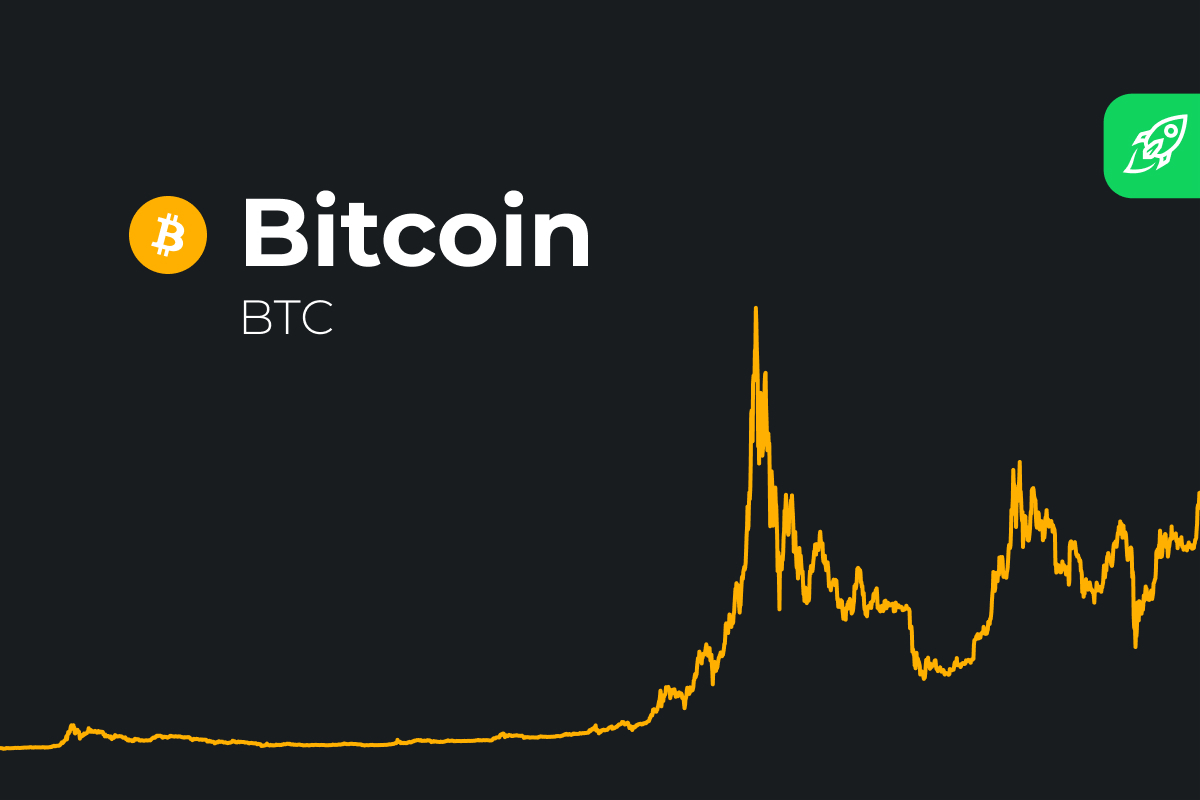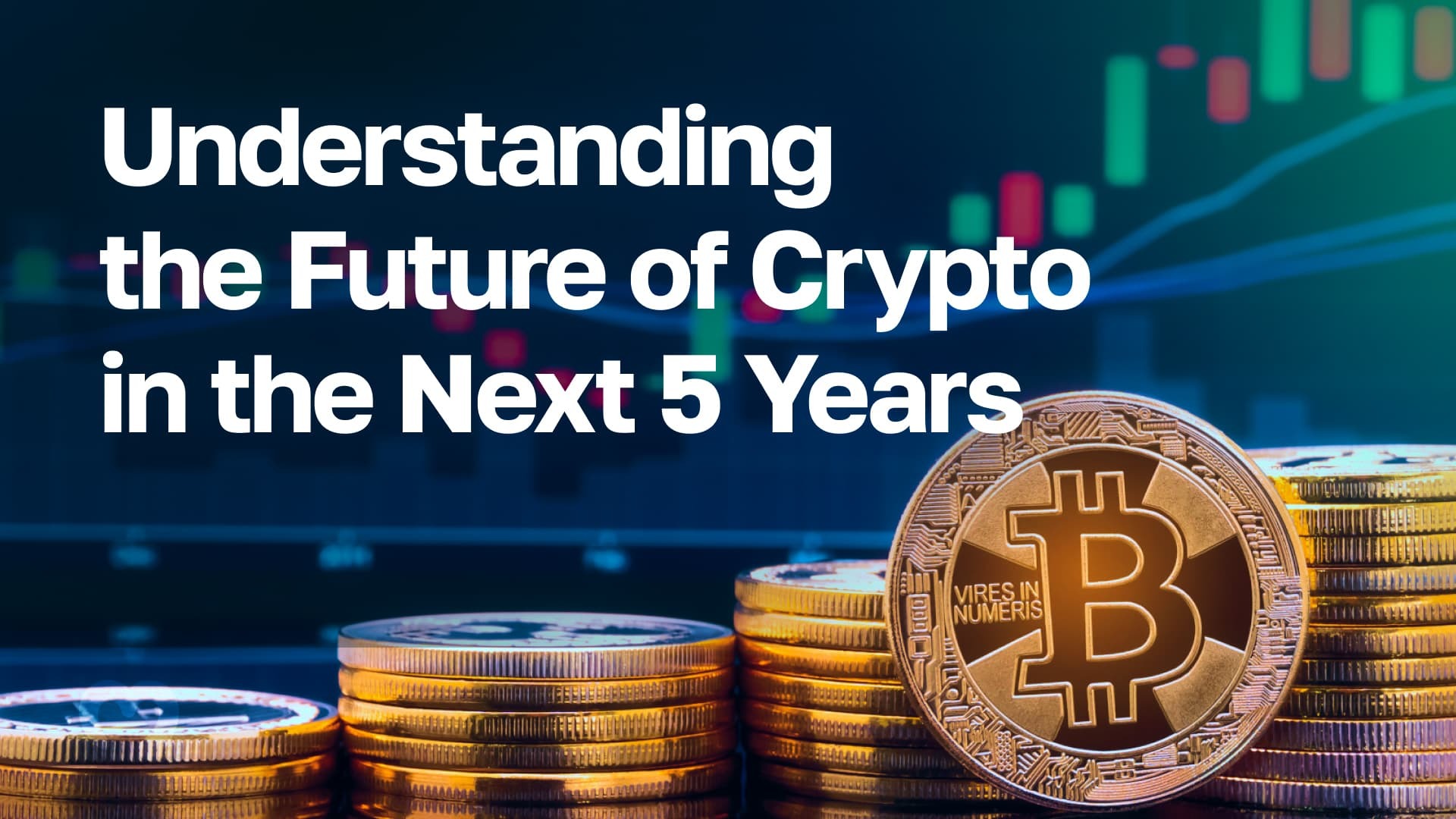Bitcoin has value due to its limited supply and the demand for a decentralized digital currency. People invest in it, believing Bitcoin will hold or increase in value over time.
Bitcoin, perceived by many as the pioneer of the cryptocurrency world, has captivated the financial landscape since its inception in 2009. Created by an anonymous entity named Satoshi Nakamoto, Bitcoin operates on a decentralized network that is powered by blockchain technology.
This innovative digital asset offers an alternative to traditional fiat currencies, providing a means of exchange that can be used across the globe without the need for intermediaries like banks. Its scarcity, capped at 21 million coins, closely resembles the properties of precious metals and contributes to its value. As Bitcoin continues to evolve, its worth is fueled not only by speculative investment but also by its growing adoption for various financial transactions and store of value purposes.
The Origin Of Bitcoin’s Value
The value of Bitcoin lies in several key factors. Uses for Bitcoin are like digital gold. People can send Bitcoin over the internet. It is scarce, with only 21 million coins possible. This limit is hard-coded into its design.
Its decentralized nature means no single group controls it. This appeals to users who distrust central banks. Security is also a big deal. Bitcoin’s underlying technology, the Blockchain, keeps a public ledger. This ledger records every transaction. It’s nearly impossible to change data on the Blockchain.
Trust grows because of this security. Most currencies have value from trust and use. People trust Bitcoin for safe online transactions. They also use it as an investment asset. Hence, demand increases and so does Bitcoin’s value. Its worth comes from these unique features. It differs from traditional money.

Supply And Demand Dynamics
The value of Bitcoin hinges on its limited supply. With only 21 million Bitcoins to be created, scarcity plays a crucial role. As miners unlock more coins, fewer remain. This finite supply echoes precious metals like gold.
Alongside, user interest grows steadily over time. Investors, corporations, and even countries show increasing trust in Bitcoin. They see it as a store of value or a trade tool. This growing demand meets a diminishing supply, pushing up Bitcoin’s worth.
The Power Of Decentralization
Bitcoin owes its value to something called decentralization. Unlike traditional money, no single person or government controls Bitcoin. This network operates around the clock, and it’s run by its users. These users come from all around the world. It’s like a worldwide club where everyone can join.
- Decentralization means that nobody can block your Bitcoin.
- Your Bitcoin is yours alone, since no bank holds it for you.
- You call the shots with your own Bitcoin stash.
This setup makes it really hard for anyone to mess with Bitcoin. Your money stays safe, even if a country’s rules change. It’s a new form of money that works on trust and math, not on big buildings or fancy signs.
Market Adoption And Acceptance
Market adoption and acceptance of Bitcoin is a key driver of its value. Businesses and merchants globally now accept Bitcoin, signaling a shift in the traditional financial realm. This widespread adoption legitimizes Bitcoin and fosters trust among users.
Institutional investors have also shown great interest. They are making significant investments in Bitcoin, asserting its place in the investment world. Large funds and asset managers are integrating Bitcoin into their strategies. This institutional buy-in further cements Bitcoin’s reputation and supports its market value.
Comparison With Traditional Investments
Bitcoin, unlike traditional gold, has no physical form. Unlike gold, it provides easy transfer and divisibility. Gold’s value comes from its cultural history and rarity. Both assets are seen as hedges against inflation. Bitcoin’s digital nature allows for global transactions without the need for a middleman.
Stocks represent ownership in a company. Their value is tied to the company’s performance and growth. Real estate involves owning physical property. It generates income through rent and value can increase over time. Bitcoin operates on market demand. It is not linked to physical assets or company performance.
Table:
| Investment | Properties |
|---|---|
| Bitcoin | Digital, Highly Divisible, Decentralized |
| Gold | Physical, Historically Valuable, Tangible |
| Stocks | Company Performance, Dividends, Ownership |
| Real Estate | Physical Property, Rental Income, Long-term Appreciation |
Psychology Of Investing in Bitcoin
Investing in Bitcoin taps into a powerful emotion: Fear of Missing Out (FOMO). People see others making big profits, and they don’t want to miss out. This feeling drives them to buy Bitcoin, pushing its value up. As the price rises, more people get interested and the cycle continues.
The idea of Bitcoin as the “Digital Gold” is another strong attraction. Just like gold, Bitcoin is rare and seen as valuable. People want to own Bitcoin, believing it will be worth a lot more in the future. They see it as a way to protect their money from problems with normal cash, like inflation.

Utility And Use Cases
Understanding Bitcoin’s value can seem challenging. It is like digital gold. Bitcoin operates as a form of payment, accepted worldwide. Businesses and individuals use Bitcoin for transactions. It stands apart due to minimal transaction fees.
Global acceptance bolsters Bitcoin’s use as currency. Online services list items priced in Bitcoin. Users enjoy an alternative to traditional banking. This currency is very secure. Bitcoin eliminates the middleman in financial dealings.
Many consider Bitcoin a digital store of value. This means it can hold value over time. It is similar to precious metals in this way. People often buy Bitcoin, hoping its value will rise. Bitcoin’s limited supply mimics scarce resources. This helps maintain its worth.
Regulation And Legal Recognition
Government policies greatly affect Bitcoin’s value. Recognition by a government means Bitcoin can be used like money. Laws can make Bitcoin safe for investors.
Legal status differs worldwide, influencing Bitcoin’s worth. In some countries, Bitcoin is legal tender. In others, it faces strict restrictions or bans.
| Country | Legal Status |
|---|---|
| USA | Generally allowed |
| Japan | Recognized as legal |
| China | Banned for transactions |
Future Predictions And Speculations
Bitcoin’s value has baffled many. Why does it hold value? It’s simple. People believe in its technology and potential. Bitcoin is not just digital money. It’s a secure network for transferring value, free from central control. Trust in its system fosters its worth.
Looking forward for Bitcoin, experts see vast potential. It might become a global currency or a digital gold. As the world turns digital, Bitcoin could lead the charge. Yet, nothing is certain. There are hurdles ahead. Think about regulatory crackdowns, tech failures, or even market crashes.
Being aware of these risks matters. Investors must balance excitement with caution. Each person’s decision affects Bitcoin’s future value. And so, its journey continues, unpredictable but fascinating.

Frequently Asked Questions On How Is Bitcoin Even Worth Anything
What Determines Bitcoin’s Value?
Bitcoin’s value is determined by supply and demand dynamics, similar to traditional markets. Its decentralized nature and limited supply cap of 21 million bitcoins contribute to its scarcity, which is a significant factor in its valuation.
Can Bitcoin’s Worth Be Justified?
Just as gold’s worth is justified by its rarity and utility, Bitcoin’s value is rooted in its scarcity, and its growing adoption as a store of value and medium of exchange. Network security and trust in its blockchain system also reinforce its worth.
How Is Bitcoin Different From Fiat Currency?
Unlike fiat currency, Bitcoin operates on a decentralized network, free from government control. It uses cryptography for secure transactions and its supply is limited, ensuring its resistance to inflation, unlike fiat’s potentially unlimited supply.
Why Do People Trust Bitcoin’s Value?
People trust Bitcoin’s value due to its underlying blockchain technology, which ensures security and transparency. Its deflationary model, wide acceptance, and increasing use for payments and investments enhance its credibility and trustworthiness.
Conclusion
Understanding Bitcoin’s value hinges on grasping its supply-demand dynamics, technological innovation, and the trust of its user community. Despite its volatility, Bitcoin remains a groundbreaking digital asset. It reflects the changing landscape of currency and value perception. Embracing its potential requires acknowledging the forces shaping its worth.
Stay educated and invest wisely.

